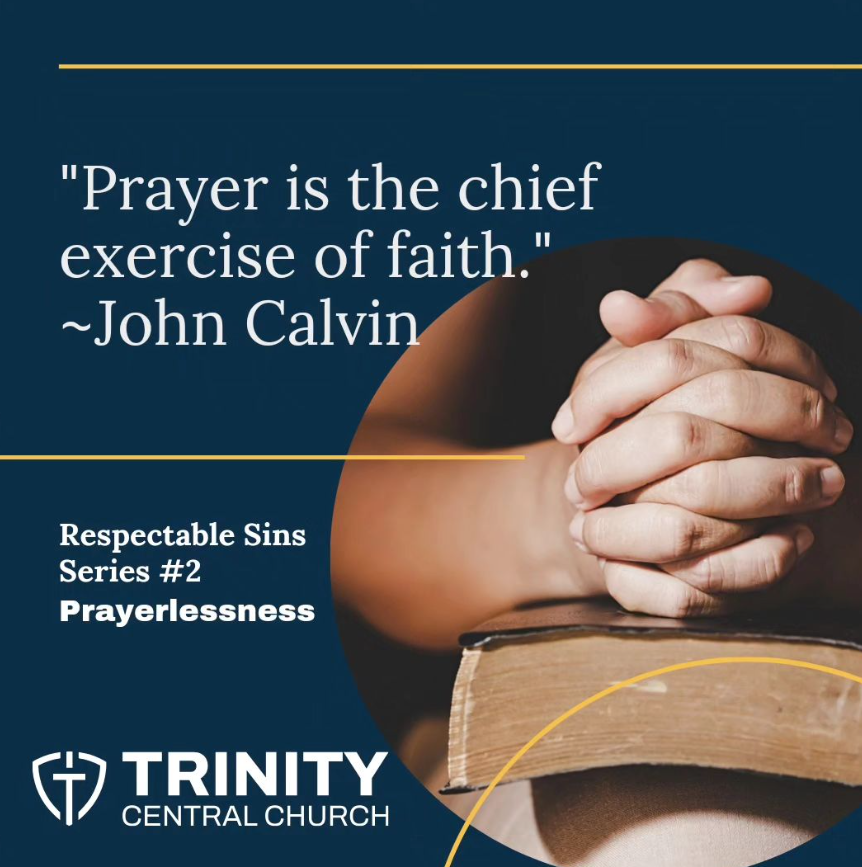
In the dynamic landscape of church ministry, effective leadership is paramount for fostering growth, unity, and spiritual nourishment within the congregation. Church ministry leaders are crucial in guiding their communities toward a deeper connection with faith and service. To navigate the multifaceted responsibilities of this role, mastering specific essential skills is imperative. This article explores the ten basic skills that every church ministry leader should strive to develop.
Visionary Leadership
A church ministry leader must possess a clear and inspiring vision for the congregation’s future. This involves the ability to articulate a compelling mission that aligns with the church’s core values. A visionary leader motivates and encourages the members to actively participate in fulfilling the shared vision, fostering a sense of purpose and unity.
Effective Communication
Communication is the lifeblood of any successful ministry. Leaders need to communicate with clarity, empathy, and authenticity. Whether delivering sermons, addressing the congregation, or interacting one-on-one, the ability to convey messages effectively builds trust and fosters a stronger sense of community.
Team Building and Management
Church ministry is a collaborative effort that requires a leader to build and manage a cohesive team. The ability to identify and leverage team members’ strengths, delegate responsibilities, and foster a culture of collaboration is essential. A well-functioning team enhances the overall effectiveness of ministry initiatives.
Adaptability
The landscape of church ministry is ever-evolving. Leaders need to adapt to changes in culture, technology, and societal norms while staying true to the core values of their faith. Being adaptable allows leaders to navigate challenges, seize opportunities, and guide their congregations through periods of transformation.
Conflict Resolution
Conflict is inevitable in any community, and church ministries are no exception. A leader must possess strong conflict-resolution skills to address disputes with grace, humility, and a commitment to reconciliation. Navigating conflicts focusing on understanding, forgiveness, and resolution fosters a healthy and harmonious community.
Counseling and Pastoral Care
Church ministry leaders often find themselves in the role of counselor, offering support and guidance to individuals facing challenges. Developing strong pastoral care skills enables leaders to provide emotional and spiritual support, walking alongside their congregation members during times of joy and sorrow.
Strategic Planning
A successful ministry requires a strategic approach to planning and implementation. Leaders should be adept at setting goals, developing action plans, and evaluating outcomes. Strategic planning ensures that the ministry remains focused, efficient, and responsive to the evolving needs of the congregation.
Empathy and Compassion
A ministry leader must be attuned to the emotions and struggles of the congregation. Cultivating empathy and compassion allows leaders to connect on a deeper level with their members, creating an environment where individuals feel seen, heard, and supported in their spiritual journey.
Financial Stewardship
Managing the financial aspects of a church ministry is a crucial responsibility. Leaders should be skilled in budgeting, fundraising, and financial stewardship to ensure the sustainable growth and impact of the ministry. Transparent communication about financial matters builds trust and accountability within the congregation.
Continuous Learning and Spiritual Growth
The journey of leadership is a continuous process of learning and growing. A church ministry leader should be committed to personal spiritual development, staying informed about theological advancements, and engaging in ongoing education. This commitment enhances the leader’s spiritual depth and enriches the ministry they lead.
Mastering these ten essential skills equips church ministry leaders to navigate the challenges and opportunities inherent in their roles. Leaders can guide their congregations toward a thriving, spiritually enriching community by cultivating visionary leadership, effective communication, team building, adaptability, conflict resolution, counseling, strategic planning, empathy, financial stewardship, and a commitment to continuous learning. As they hone these skills, church ministry leaders contribute to the flourishing of their congregations and the broader impact of their faith communities.